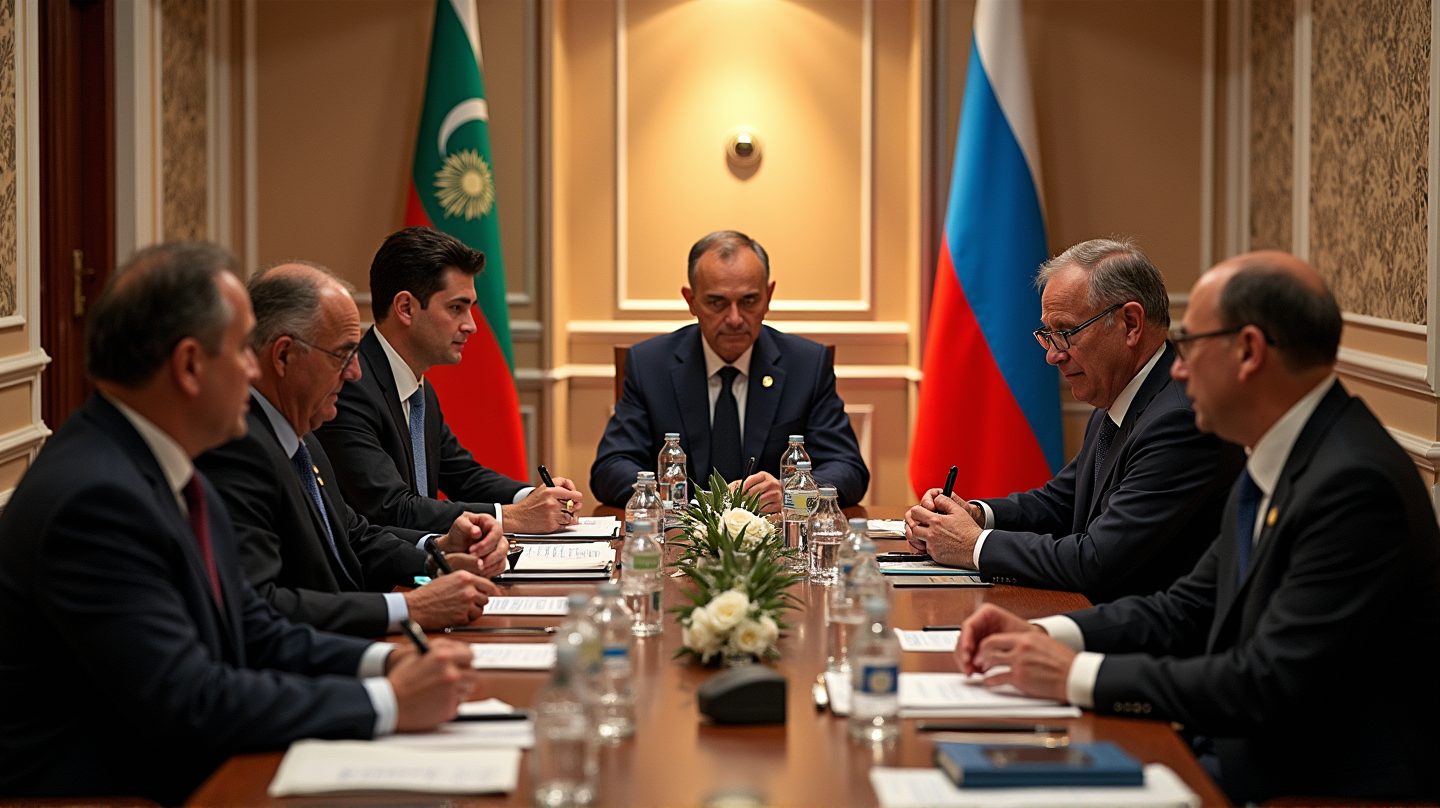In the heart of Central Asia, the historic city of Samarkand, Uzbekistan is set to host a groundbreaking event that brings hope and ambivalence in equal measure. The first ever EU-Central Asia Summit is poised to redefine the region’s dynamics by putting civil society at the core of its agenda for sustainable progress. A detailed look into this vital summit illuminates the concerns, voices, and paths to a future filled with potential.
Pivotal Moment for Central Asia
This summit is not just another diplomatic gathering; it marks a pivotal juncture as Central Asia and the European Union (EU) aim to deepen their political and economic engagements. However, true long-term progress transcends mere diplomacy and trade investments. It demands something more profound—genuine respect for human rights and a free, nurturing space for civil society to thrive.
Marie Struthers, Eastern Europe and Central Asia Director at Amnesty International, emphasizes, “Central Asia stands at a pivotal moment […] Long-term progress also requires respect for human rights and space for civil society.”
The Reality on the Ground
Unfortunately, the present conditions across Central Asian countries remain concerning. The perception of freedom within media and civil society is often overshadowed by government control. Suppression of dissent, constraints on peaceful assemblies, and curtailed freedom associations paint a grim picture requiring urgent remedies. Failure to address potential human rights violations further aggravates the situation, leading to an environment of fear and restriction.
Steps Towards Progress
Despite these challenges, glimmers of progress are visible in some nations. Kazakhstan’s recent memorandum with the European Court of Human Rights reflects an alignment of their domestic legal system with international norms. Kyrgyzstan bolsters its Ombudsperson’s role to enhance human rights protection, while Uzbekistan takes laudable strides in eliminating forced labor in the cotton industry.
However, “recent trends are disturbing,” warns Struthers. Repressive measures, including restrictive “foreign agent” laws in Kyrgyzstan, only further inhibit civil liberties and stifle the voices that strive to uphold justice when targeting marginalized groups.
Legislation: Double-Edged Sword
The rhetoric around national security or public morality has resulted in neglect as legislation aimed at protecting traditional values simultaneously narrows the human rights envelope. Activists endure stigmatization, intimidation, and the suffocation of a vibrant civil society, painting a bleak picture of the existing scenario.
Marie Struthers poignantly states: “Wherever ‘foreign agent’ legislation has been enacted, it has led to the stigmatization of NGOs […] and the slow suffocation of a vibrant civil society.”
Empowerment and Path Forward
Fostering connections between governments, institutions, and civil society is crucial. The path toward true cooperation is centered on empowering civil society by committing to human rights vigilance, nurturing open dialogue, and building trust between governing bodies and citizens. Such a framework ensures human dignity, sustainable progress, and the quintessential cooperation envisioned at this summit.
The EU and Central Asia must converge upon a path that bolsters human rights as the bedrock of their enhanced cooperation. As stated in Amnesty International, these actions lay the foundation for meaningful partnerships and promise long-awaited growth.
Joining Hands for Human Rights
As the global community tunes into this critical summit, it’s a reminder of the pivotal role each entity plays in safeguarding human rights. Together, we must ensure this summit doesn’t merely rest as a chapter in history but as a beacon of change resonating throughout the world.
Whether through dialogue, activism, or awareness, human rights demand protection, and it begins here—at the intersection of discourse and action, nestled in the heart of Central Asia’s summit stage.
